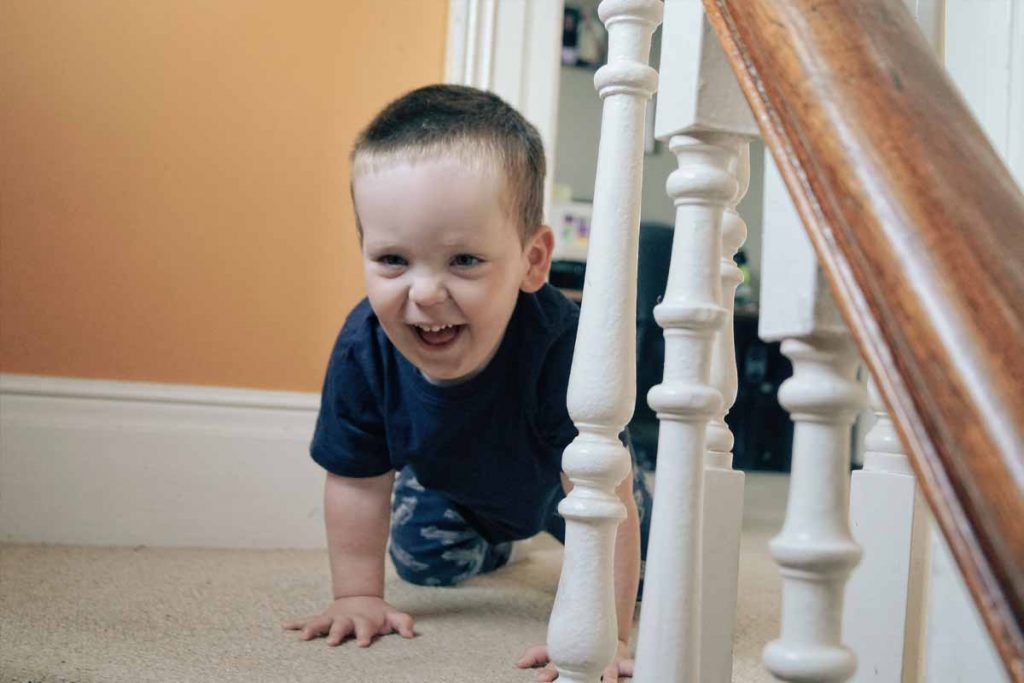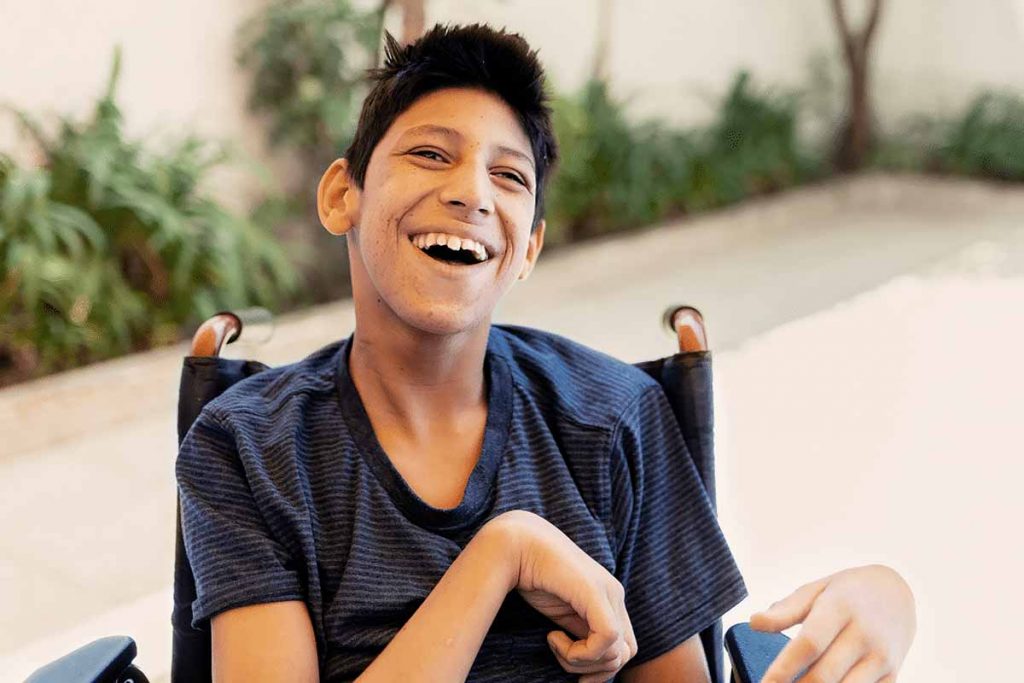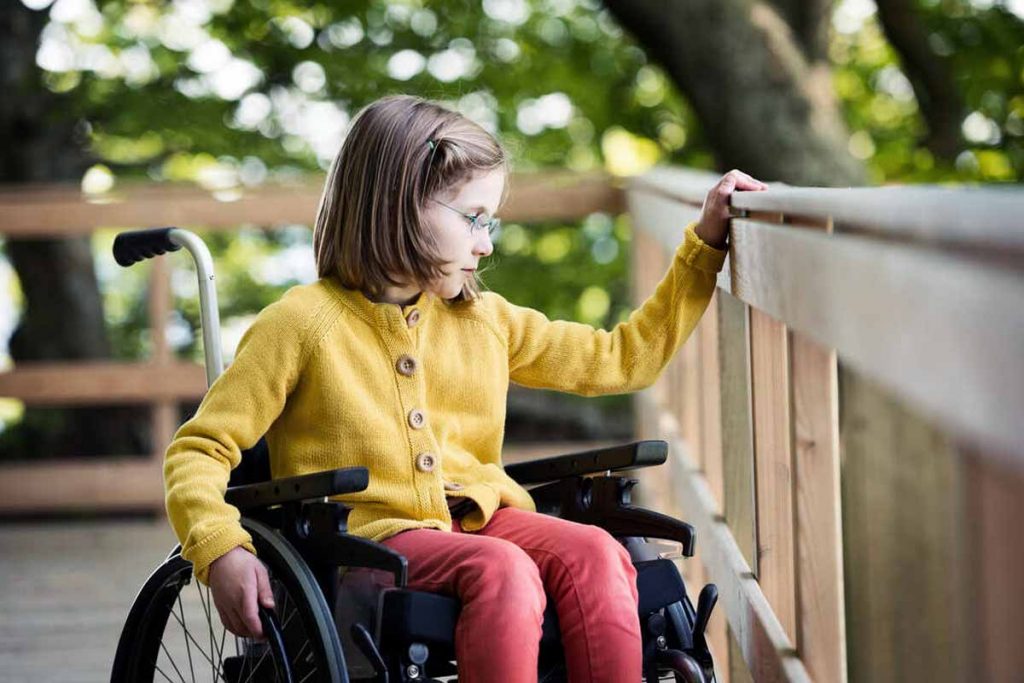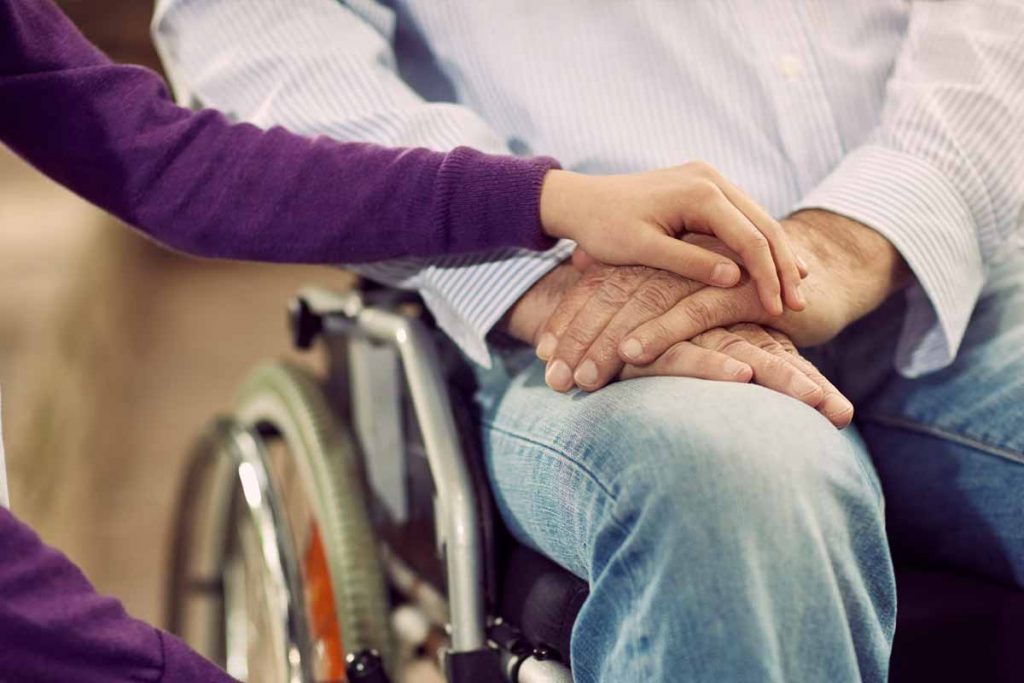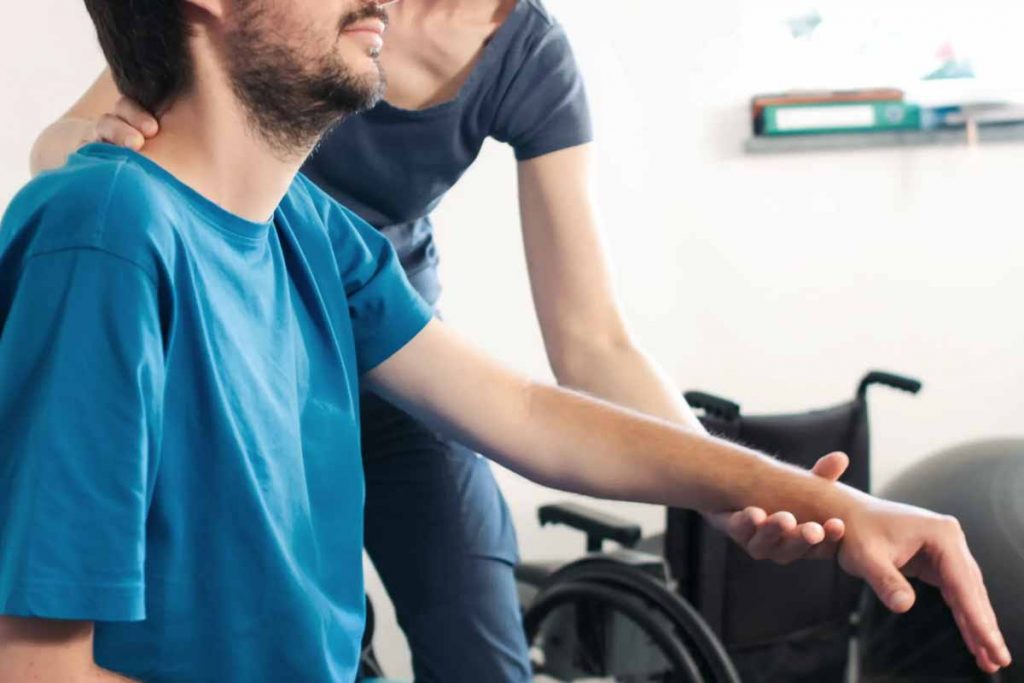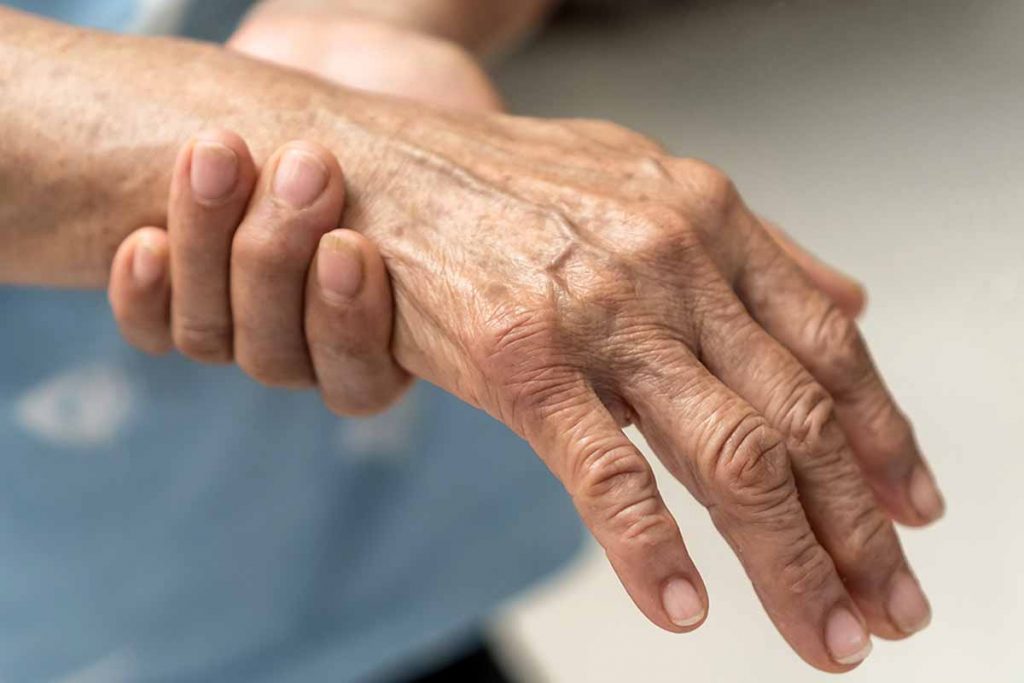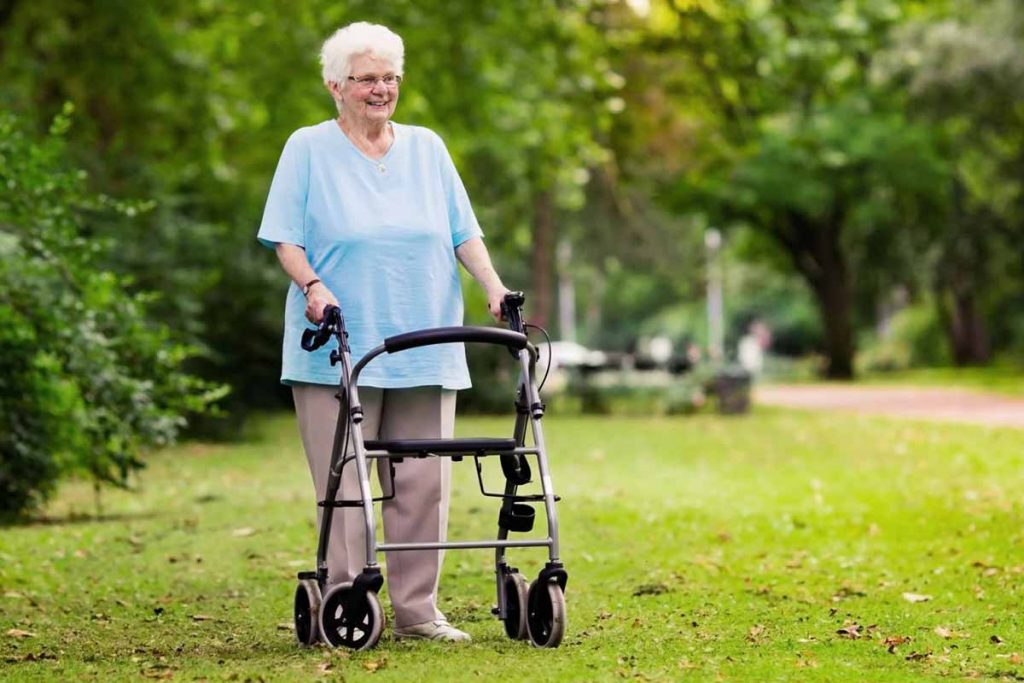CONDITIONS TREATED
Friedreich’s Ataxia
Friedreich’s Ataxia is a genetic, progressive, neurodegenerative movement disorder. Typically, it begins onset/ is diagnosed between the ages of 10 and 15 years old.
Initial symptoms may include unsteady posture, frequent falls, and difficulty walking. This is predominantly due to the individuals impaired ability to coordinate voluntary movements (ataxia).
Other symptoms include:
- Slurred speech (dysarthria)
- Characteristic foot deformities
- Irregular curvature of the spine (scoliosis)
- Cardiomyopathy
- Cardiac arrhythmias
Friedreich’s Ataxia is caused by a gene mutation which the individual inherits from both their parents. Mutation of this gene causes degeneration of nerve fibres in structures known as the dorsal root ganglia located in the spinal cord which causes thinning of the nerves. These nerves carry information from the brain to the body and back again. If these nerves are impaired, it causes a reduction in the efficiency of the signals getting through. The cerebellum is also affected, which coordinates balance and movement.
How we can help?
Our therapists can help to avoid potential complications involving the associated physical impairments of Friedrichs’ ataxia. We want to help you maximise your muscle strength and assist you with your balance, transfers and overall mobility. We can also aid with prescription of prostheses, walking aids and wheelchairs, whilst liaising with other treatment professionals.
Resources


